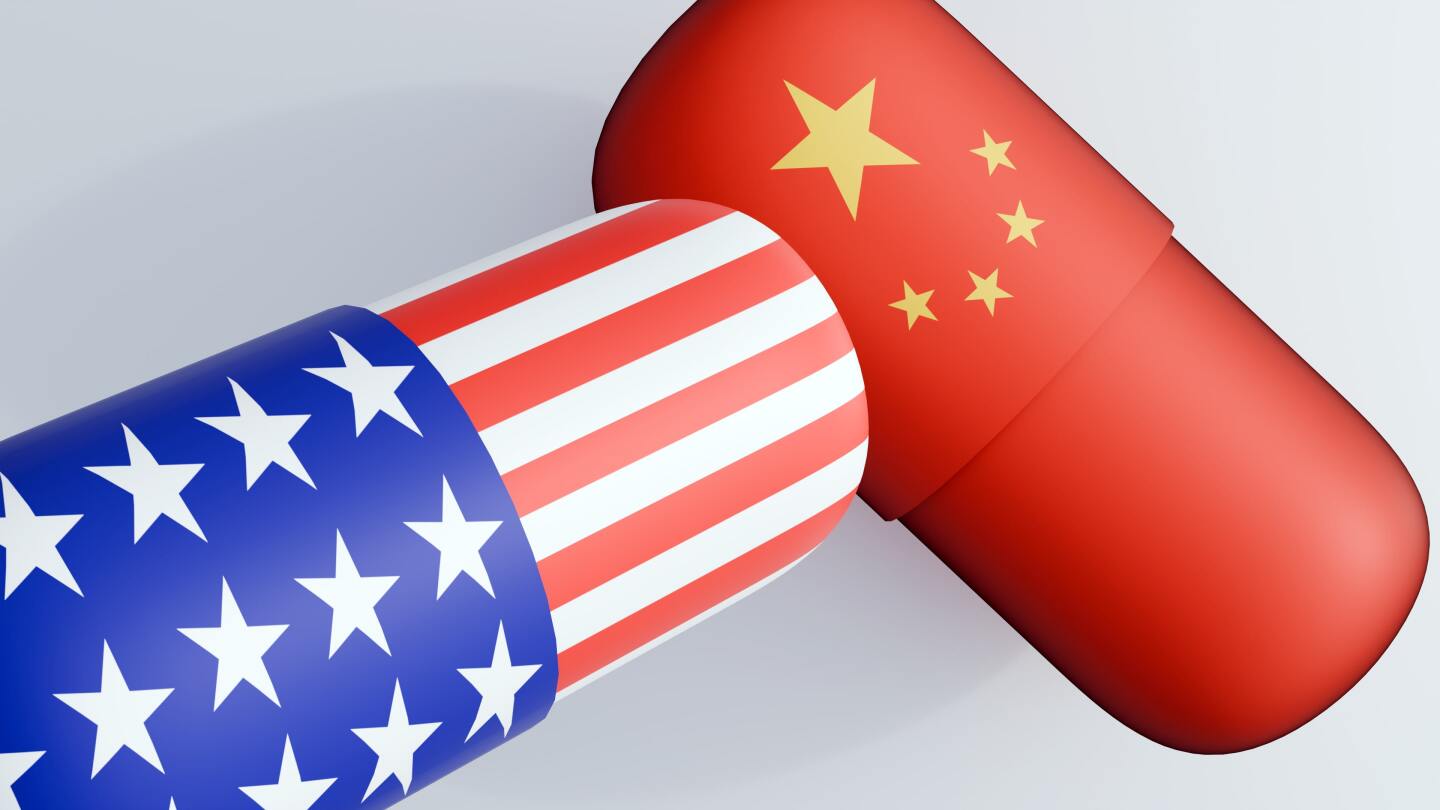Drug discovery
Sanofi bought Dren’s DR-0201 program earlier this year for $600 million upfront and is running two Phase I trials in undisclosed inflammatory indications.
As bispecifics, ADCs, protein degraders, and AI-designed mini-proteins move into the clinic, discovery teams face a new bottleneck: engineering and producing molecules whose complexity challenges conventional workflows.
A coordinated national effort is emerging to bring alternatives to animal testing into routine preclinical use, backed by a fresh FDA roadmap and a global coalition of scientific and industry partners.
Investors had been “holding out hope” that there remained a regulatory path forward for RP1, but results of Replimune’s Type A meeting with the FDA do not appear to support this, according to BMO Capital Markets.
Claiming that the domestic market undervalues pharma innovation, Merck has decided to pull the plug on all of its R&D efforts in the U.K.
Generate:Biomedicines’ Nicole Clouse is one of the key legal minds trying to understand who owns what AI creates. The answers are critical to the future of biotech.
If the trend holds, IQVIA expects 2025 deal volume between Chinese and multinational companies to easily eclipse the 100 agreements signed in 2024.
Drugs are being invented and manufactured right here in the U.S. by Americans, for Americans. So why doesn’t the industry hold the same respect as steelworkers or other all-American pursuits?
In this episode presented by IQVIA, BioSpace’s head of insights Lori Ellis discusses the concerns and opportunities of patient data driving AI tasks with Louise Molloy, associate director medical information and pharmacovigilance.
In this episode presented by Eclipsebio, BioSpace’s head of insights Lori Ellis continues the discussion on mRNA and srRNA with Andy Geall of Replicate Bioscience and Alliance for mRNA Medicines and Pad Chivukula of Arcturus Therapeutics.
PRESS RELEASES











